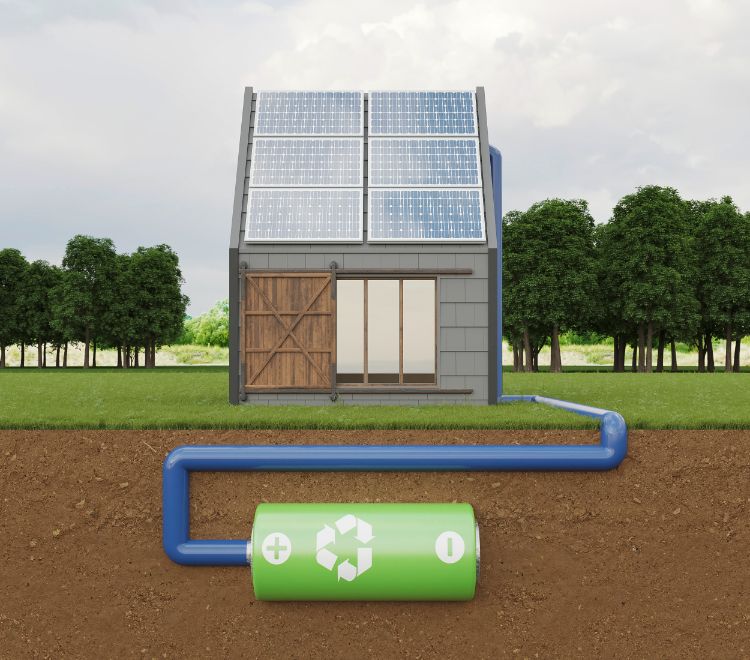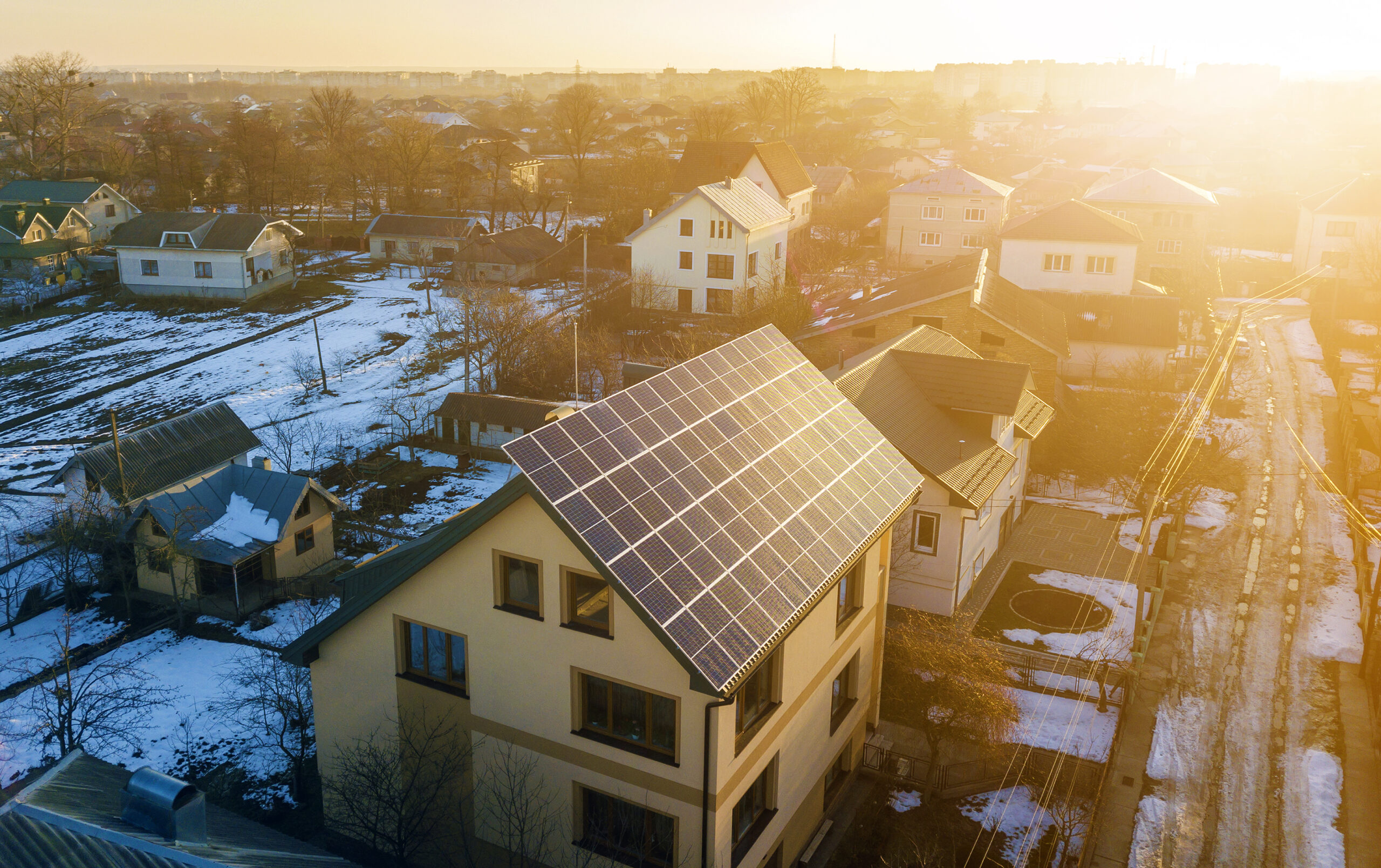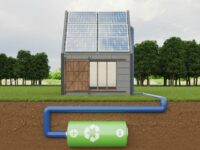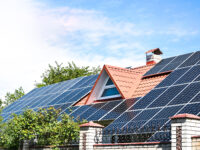Today, many eco-friendly people in the United States are thinking about using solar power in their homes. Some people have been inspired to cut back on their carbon footprint because they know about global climate change. Others want to know how to save money every month. When you decide to get a solar power system for your home, the more you know, the better. Before you start your solar project, here are a few things to think about:
Residential Solar Power
The Solar panels take in all the power it offers and turn it into sound energy when the sun is out. Solar energy is clean; renewable energy is better for the Earth than fossil fuels. The Solar Energy Industries Association possesses place-together statistics showing how important this work is.
Highlights are:
- Solar projects will start every 75 seconds in 2020, so there will be a new one every minute.
- Solar PV prices have dropped by 43% in the last five years.
- There is enough solar power in the United States to power 18.6 million homes.
- The number of solar energy systems in the United States – 2,934,377.
- Solar panels work even when it’s cloudy or rainy outside.
The Property’s Description
From customer to customer, the amount of energy they need is different.
A report says these are the top three:
- Annual Electricity Usage
- Solar Panel Wattage
- Production Ratios
Professional installers in your area know a lot about this. More than likely, they will go through it step by step. A big thing to think about is putting it on the roof or the ground. This decision is based on how much ground space there is and what is best for the client. There is less space for a garden in cities and suburbs than in rural areas where there are many lands.
Roof mounts are the most common way to get solar power for your home. When you choose to use a roof mount, the condition is critical. Roofing materials that are missing or deteriorating are signs that the area needs to be changed or repaired. The last twenty-five to thirty years, which is good news. If a roof does need to be replaced, it will last about as long as the residential solar power panels.
Adding solar power to your home will also make it more valuable. The Department of Energy says that your house will likely be worth more if you buy a solar energy system. It turns out solar panels are seen as upgrades, just like a new kitchen or a finished basement. People in the country have been willing to pay an extra $15,000 for a home with an average-sized solar panel.
Tax Incentives and Credits For Residential Solar Power
When you’re thinking about getting solar power for your home, be aware of the Energy Investment Tax Credit (ITC). The ITC gives a tax credit of 26% through the end of the year. Make sure to ask your installer about any more deductions or tax credits that your state might offer.
Solar Powered Batteries

Solar batteries are an excellent match for your home solar power system. Store it for later use, or sell it to the utility company. It says that there are three main types of solar batteries. Flow batteries, lithium batteries, and lead batteries are all different types of batteries to power your car.
Batteries Made of Lead-Acid
Because these batteries take up a lot of space, they’re not very powerful. They’re also not meant to be fully discharged all the time, so they don’t last very long.
Batteries Lithium-Ion
These batteries have electrodes made of lithium compounds. Lithium-ion batteries are called because they use the flow of ions away from a lithium compound to store electricity.
Batteries with Flow
It’s not very efficient, but these batteries can store more energy than most people’s typical lithium-ion battery at home. They use reduction and oxidation to get the ions from one liquid and give them to another. Your solar power system installer should set up a meeting for you to learn about the batteries they carry and which would work best for your home.
Also Read:
Solar Installers Near Me with the Best Ratings (2022)
Buying Guide: 10 Best Portable Solar Panel in 2022: Reviews and Tips
The Procedure of Residential Solar Power
As we said earlier, the first thing to do is figure out whether it will be on the roof or the ground and check the top for damage. Next, we need to get approval for the design and get city permits. This depends on how long the city gives the project the go-ahead. Once the license and tickets are in place, the installation can start.
You might not believe it, but your home solar panels can be up and running in two or three days! It will be done by the utility company here. They will put in a meter and connect your system to the grid. Now that you’re ready to make your energy. Let the sunshine shine! Putting solar panels on a home usually takes between eight and twelve weeks from start to finish.
Finally
With a solar system for your home, you can save money and help the environment simultaneously. The best way to make the best decisions is to learn about solar energy. Consult with more than one installer in your area to see what different products and services they offer.
Do they offer the same warranties and financing options? As a customer, how do they treat you? Ask the companies if they do any regular maintenance or deal with any problems. We hope you have a great time on your solar journey and many sunny days to come!






